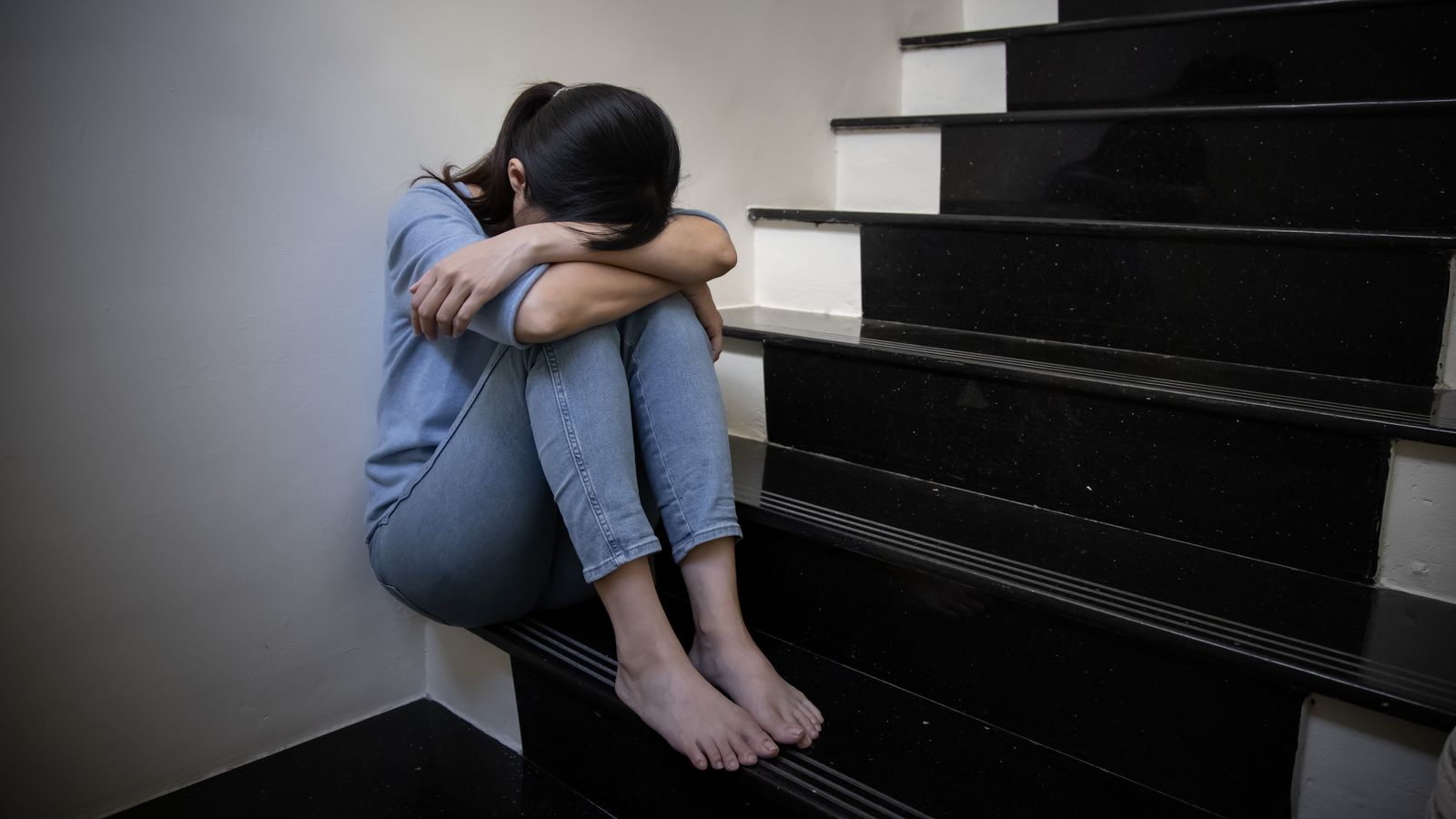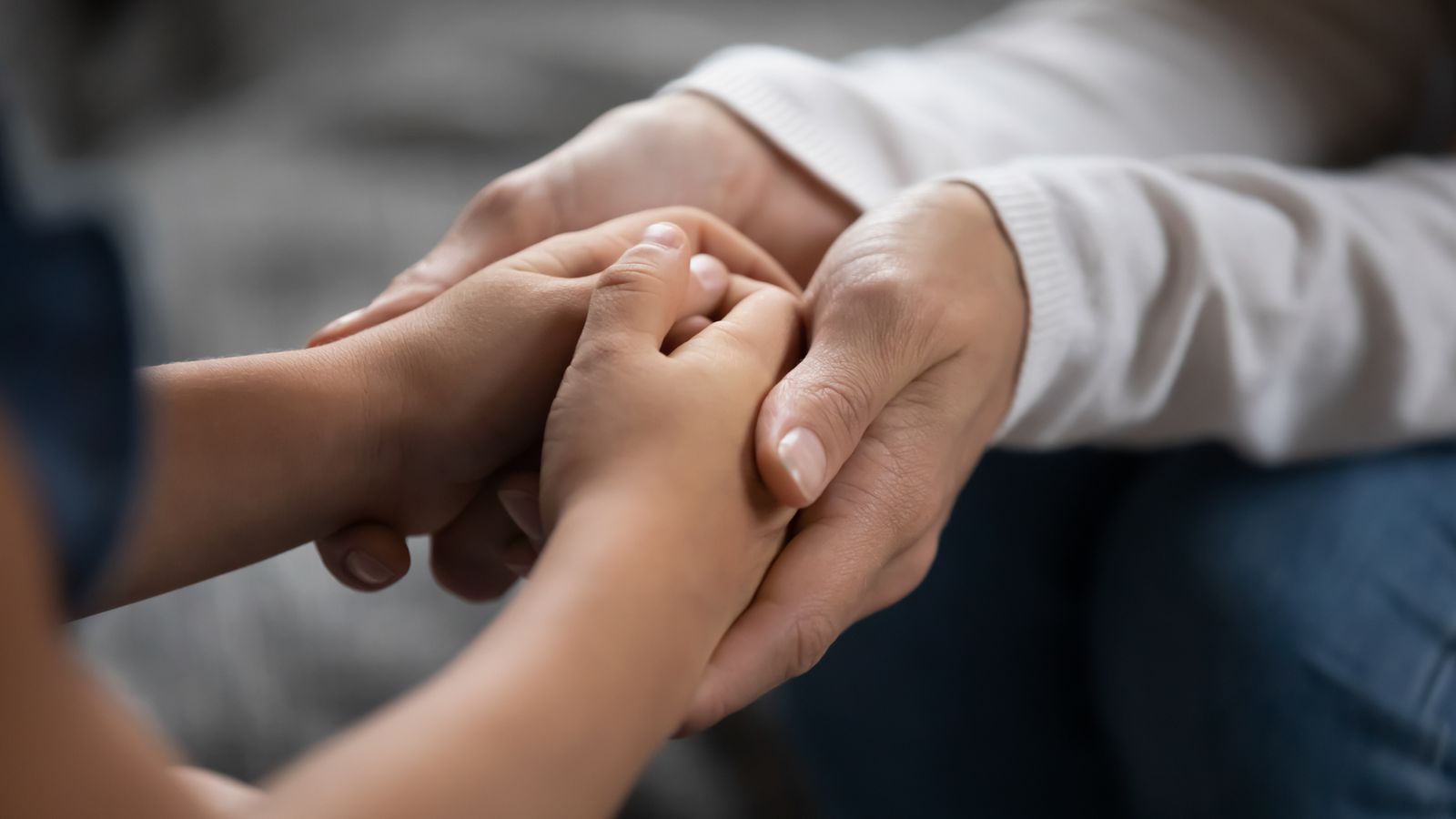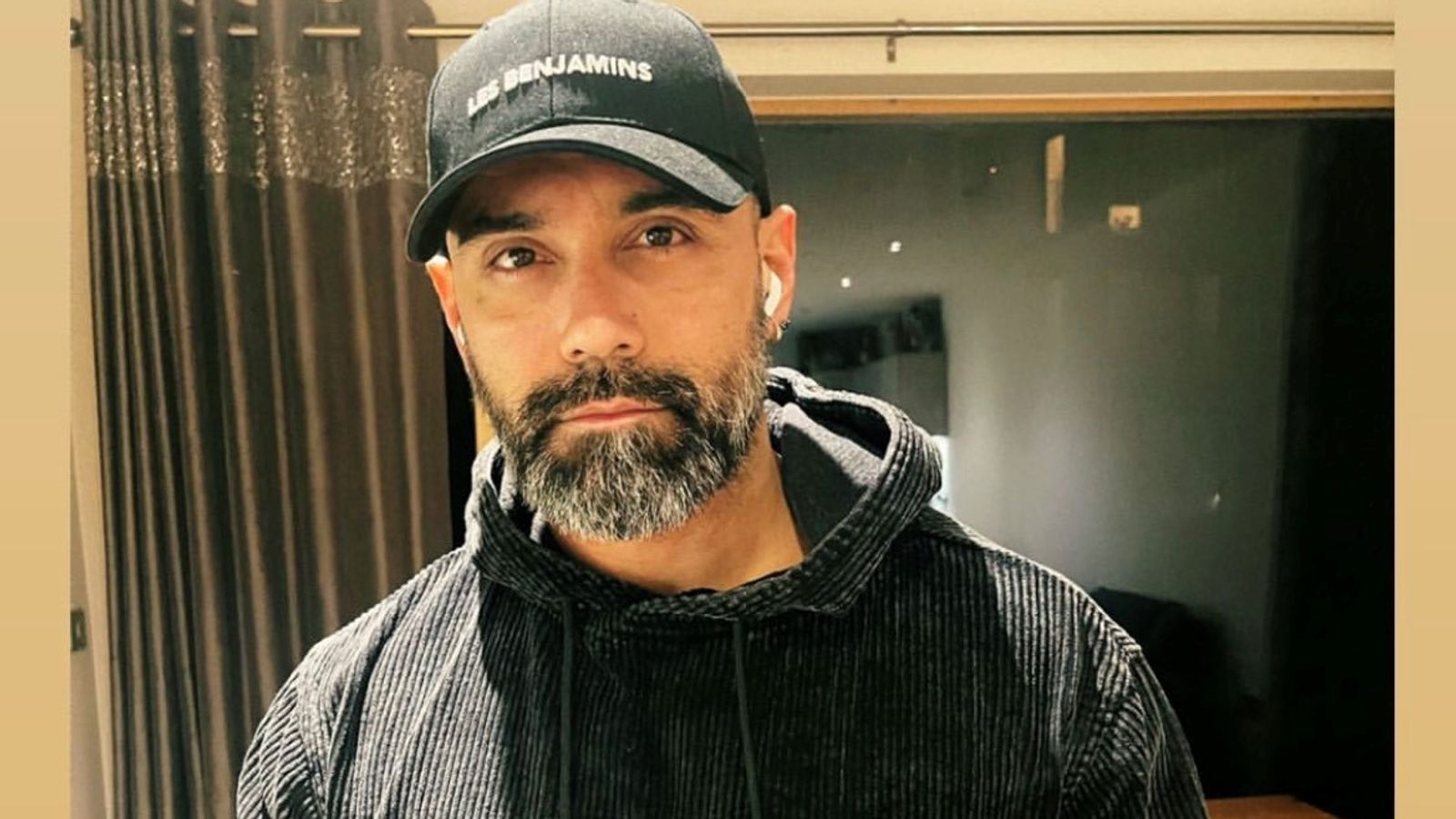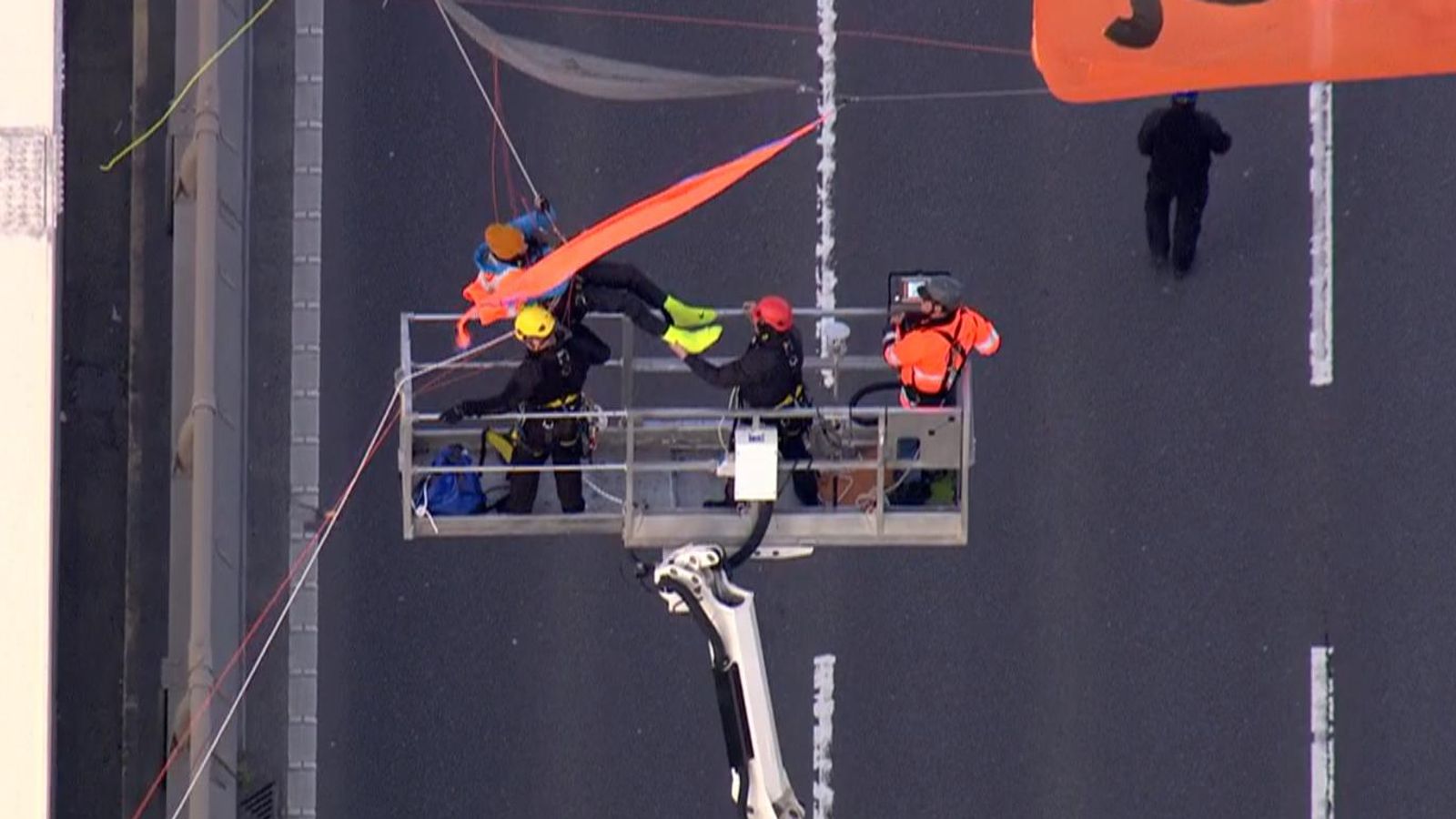Eight years ago, the Independent Inquiry into Child Abuse (IICSA) was launched, with former prime minister David Cameron saying there would be “no stone unturned”.
What followed was not just the second most expensive inquiry in our history (after Bloody Sunday), costing £186.6m, but also one of the most shocking.
Amid controversy that it wouldn’t dig deep enough into establishment bodies, politicians, bishops and even the former head of MI5 gave evidence and came under a barrage of fire over their handling of information about child sexual abuse. The common theme was that they didn’t act. Sometimes they covered up horrific abuse.
Then, after so much investment of time and money, victims were worried the inquiry would not make meaningful change.
On publication, it’s emerged the panel hasn’t held back in making a series of recommendations that could help safeguard children in the future – if properly implemented, and that now is the big question. Putting this into practice is expensive and complex and requires structural changes in attitudes.
Every section of the 458-page final report is a story in itself. It kicks off with a stinging critique of the Catholic Church in England and Wales, which it says between 1970 and 2015 received 3,000 complaints against more than 900 individuals connected to it.
The report states: “Responses to disclosures about child sexual abuse have been characterised by a failure to support victims and survivors – in stark contrast to the positive action often taken to protect perpetrators and the reputation of the church.”
That’s devastating reading, and it is no better for upholders of the Anglican faith. The report reminds them: “As with other religious organisations, the Anglican Church is marked by its explicit moral purpose in teaching right from wrong.
“In the context of child sexual abuse, the church’s neglect of the physical, emotional and spiritual wellbeing of children and young people in favour of protecting its reputation was in conflict with its mission of love and care for the innocent and vulnerable.”
No surprise then that the most hoped for and important recommendation by the inquiry panel was that those responsible for children are required by law to report reasonable suspicions of child abuse to the police – what’s called “mandatory reporting”.
The report authors make this their top recommendation and give advice as to where and how it is applied. For example, some participants and witnesses in the inquiry argued that there ought to be exemptions in some faith-based settings and, in particular, in the context of sacramental confession. But the report says this law “should be an absolute obligation; it should not be subject to exceptions based on relationships of confidentiality, religious or otherwise”.
It says the law should apply to people who fall into existing statutory categories of regulated activity and trust – so teachers, religious leaders and medical professionals. It also includes the police who have been known to find suspicions of child abuse during other investigations and failed to act.
It becomes law to report suspicions if they:
This does leave a few questions over things such as extensive rumours circulating within institutions.
During this inquiry, for example, former Liberal leader David Steel admitted failing to pass on allegations he knew against MP Cyril Smith and subsequently resigned from the Lords.
Margaret Thatcher’s government was accused of suppressing allegations that MP Peter Morrison molested a boy. When MI5 heard about it, they saw it as a security concern rather than a child protection one. Its former head, Eliza Manningham-Buller said: “The difficulty is that there were so many rumours at the time, as you’ve heard from others. I believe the service took a very narrow view and didn’t pursue that.”
There is also a section which may cause controversy, where it states that when a child is aged between 13 and under 16, a report need not be made if the person believes “the relationship between the parties is consensual and not intimidatory, exploitative or coercive”.
So, interpretation of who will become liable and under exactly what circumstances will be a factor in the implementation – as will be cost. For example, in simple terms it will lead to the police dealing with a greater number of allegations. There is also the cost of setting up a new regulatory body to oversee all this, which is another recommendation by the panel. What’s more, IICSA’s third suggestion of redress for victims won’t be welcomed by a government struggling to balance the books.
The truth is this will take a great deal of political will to implement. As one lawyer put it to me: “The elephant in the room is money.”
But without investment, the horrific stories of abuse and betrayal heard at the inquiry will continue. Like that of Joanne – not her real name – who spoke to Sky News ahead of publication.
She was abused as a teenager by a chaplin in the Benedictine church and says she told senior members of the clergy who did nothing. She says a headmaster effectively allowed the abuse to continue. “I was told by him that it would be easier for him if my abuser didn’t know that he knew.”
She added: “What devastated me was that decades later when I’d been to the headmaster, I’d been to the Abbot, and nothing was done.”
Mandatory reporting will make this a criminal offence. We don’t yet know what the sanctions will be. But there is another elephant in the room. Joanne never got justice, even after evidence emerged about her abuser, who was too ill to stand trial before he died.
So often, the abuse is reported later in life, and by then the evidence doesn’t exist. If it is reported, police often don’t seem to have the resources to investigate these complex cases.
For example, during the course of taking evidence, the report made 10,431 referrals to the police, of which 8,830 resulted in no further action. Currently, it has led to only 100 convictions.
Phil Frampton was a campaigner right at the beginning, when the inquiry was set up, but pulled out when he realised the inquiry chair would not have judicial powers. He said: “One of the biggest issues is they didn’t have any judicial powers, and without those powers what could they do, effectively. You know, I was a core participant in this inquiry, but it just became clear that effectively we were being used to decorate the inquiry. Very few survivors will have got justice out of this inquiry whatsoever.”
IICSA was set up with great expectation, and ultimately it took one scalp from Westminster in David Steel.
While it revealed huge failings in institutions such as the churches, there were few consequences for those responsible.
So, its meaning and power now hangs in its recommendations. These have been what victims hoped for, but only matter if they are implemented by government.








